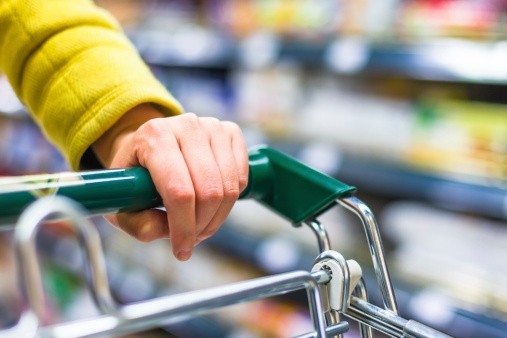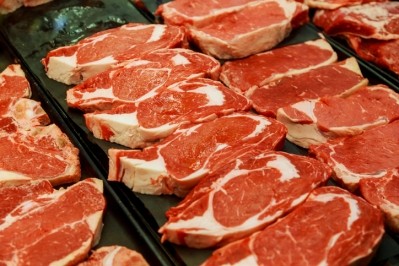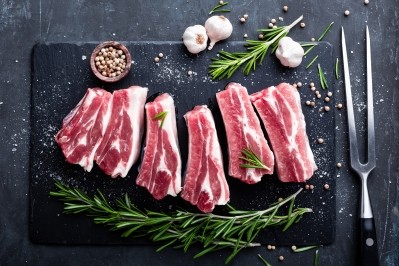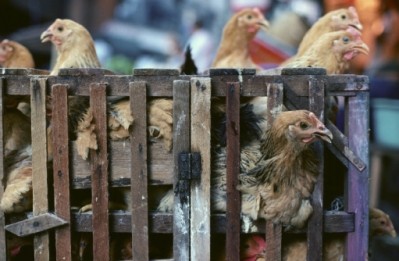China rolls out meat safety rule

Under the move – which looks set to favour large suppliers and retailers of meat – the State Council has tasked local offices of the Food and Drug Administration (CFDA), which polices the country’s food safety law, with ensuring there’s a ‘demonstration’ supermarket in each town and municipality to set a standard in food safety which others should follow.
Announcing the initiative, a recent circular from the food safety bureau at the State Council – China’s cabinet – has called for the setting up of local ‘fang xin’ demonstration supermarkets for selling meat and other fresh foods across the nation. Fang xin has become a synonym for safe food in China – the term translates variously as ‘rest easy’ or ‘be reassured’.
The food safety office attached to each local government is likewise required to publish “concrete plans” by September and must hold publicity events to promote the establishment of the supermarket so consumers and other retailers are aware of the higher standards of food safety and traceability the supermarkets represent.
Gaps in meat quality
“There are still gaps in quality and safety of meat and vegetables sold in supermarkets,” notes the State Council circular, which also stipulates that the ‘demonstration’ supermarkets will have to display the name, location and other details of all their suppliers in store and online. Such information is lacking in most Beijing supermarkets where fresh meat is cut at the counter with various other branded, processed meats available in the aisles.
China’s retail scene is highly regionalised and fragmented, though several big names – Carrefour and WalMart among them – have national reach. State-owned retailer Jing Ke Long is effectively a subsidiary of the Beijing government and sells fresh local meat from unidentified sources. It won’t be a ‘fang xin’ supermarket, said Liu He, manager of a Jing Ke Long outlet in Fengtai district, in response to queries for this article. He foresees a big change to meat retailing: “It’s obvious that smaller retailers unable to meet the new standards will be forced to close or amalgamate…this suits big, established retailers and their suppliers.”
The State Council circular document also makes reference to an “instruction” supermarket for each town which will act as a training point for retail staff from various retailers, in what would be an extraordinary act of generosity in what is a very competitive market.
Antibiotic residues
Retailers will face an annual CFDA review and those demonstration stores found to have fallen below stated standards will be delisted for two years as ‘demonstration’ stores – a penalty that could be financially ruinous given consumer concern in China over food safety and the success in recent years of niche retailers catering to consumer concerns with imported products sold at premium prices.
Unannounced CFDA inspections of retailers in Beijing and several east coast Chinese cities last year caused panic and led to pre-emptive measures such as the clear-out of fresh and live fish stocks – much reported on by local media – by retailers unsure as to whether the seafood contained excessive antibiotics residues. The presence of such residues had previously led to the closure of some supermarket outlets which failed CFDA tests on meat samples.
There are numerous questions hanging over the new initiative. For instance, demonstration supermarkets will be required to have designated counters for organic and “green food”. While China’s agriculture ministry operates a “Green Food” logo designating food as having lower amounts of chemicals, the whole area of green food has become murky with food manufacturers regularly making uncertified ecological claims on packaging.
Enforcing food safety laws are difficult given China’s scale and its fragmented grocery market. But the stakes are high given the country’s boast of having the world’s biggest and fastest growing grocery market.















